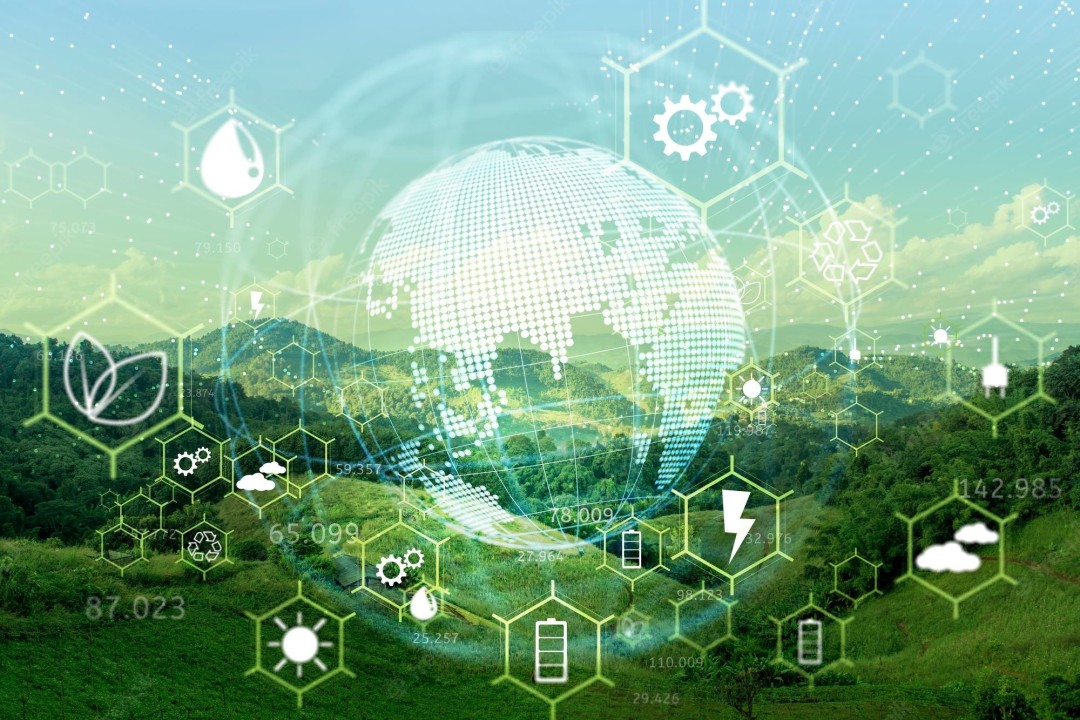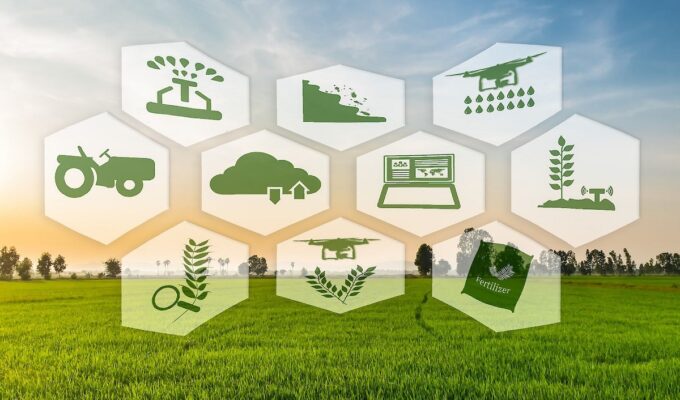In an age where technology touches nearly every aspect of our lives, a significant shift is happening towards sustainability. From the clothes we wear to the buildings we live and work in, innovative tech solutions are not just transforming industries but paving the way for a greener future. This article dives into how sectors are revolutionizing their practices for the planet’s benefit. Let’s explore the transformations happening right before our eyes.
Agriculture: Seeding the Future with Precision Farming
The agriculture sector, the backbone of our food supply, is undergoing a tech transformation that’s both groundbreaking and green. Powered by drones and IoT devices, precision farming allows farmers to monitor crop health, soil conditions, and water usage in real-time.
This data-driven approach minimizes waste, improves yield, and reduces the need for chemicals. With tech, farms are becoming more efficient and less environmentally harmful.
A key takeaway is that sustainability isn’t just about being eco-friendly; it’s about boosting bottom lines. Adopting green tech shows clear ways sustainability increases profitability for those who feed the world.
Fashion: Weaving Sustainability into Style
Gone are the days when eco-friendly fashion was a niche market. Today, technology is reshaping the industry to make it sustainable and stylish. From 3D printing clothing and accessories to using AI for designing waste-reducing patterns, the fashion sector is cutting down on waste and energy use.
Brands are now tracing the product life cycle, ensuring that every step is eco-conscious from production to disposal. This transformation is not just about making a statement with what you wear but positively impacting the planet.
Construction: Building a Greener Tomorrow
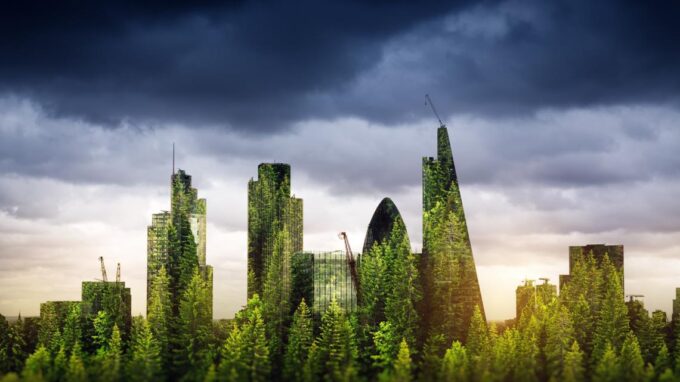
Historically known for its heavy environmental footprint, the construction industry is now on the front lines of the sustainability movement. Innovative building materials, like self-healing concrete and thermochromic windows, make structures more energy-efficient and durable.
Smart buildings with sensors and green tech optimize energy use and reduce waste. This shift towards greener building practices is not just about complying with regulations; it’s about creating innovative and sustainable spaces and redefining the skyline of the future.
Waste Management: The Rise of Recycling Robots
Perhaps the most visually striking symbol of technological innovation in sustainability is the emergence of recycling robots. These aren’t your average bots; they’re equipped with cutting-edge AI and machine learning capabilities, enabling them to sort recyclables with precision and efficiency previously unimaginable.
An AI recycling robot can differentiate materials at a glance, from plastics to metals, ensuring that more waste is reclaimed and less ends up in landfills. This tech isn’t just making recycling more efficient; it’s revolutionizing how we think about waste.
By turning trash into treasure, recycling robots are at the heart of a movement towards a circular economy, where every product is designed to be reused or recycled. This approach mitigates environmental impact and opens up new economic opportunities, proving that green tech is not just good for the planet—it’s also good for business.
Energy: Powering the Future with Clean Tech
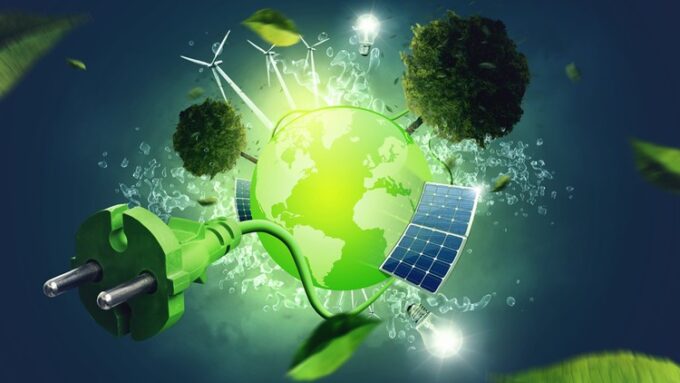
As we delve deeper into the transformative power of technology on sustainability, the energy sector stands out for its rapid evolution. Renewable energy sources like solar, wind, and hydro are becoming more accessible and affordable thanks to technological advances.
Innovations in energy storage, such as lithium-ion batteries and green hydrogen, are solving the age-old problem of storing energy when the sun doesn’t shine or the wind doesn’t blow. Smart grids are optimizing energy distribution, reducing waste, and improving efficiency.
This shift towards clean energy is essential for combating climate change and offers a pathway to energy independence and security. As we transition from fossil fuels to renewables, technology is proving to be the catalyst in redefining how we power our world.
Transportation: Steering Towards Eco-Friendly Travel
The transportation industry is on the cusp of a green revolution fueled by technological advances. Electric vehicles (EVs) are leading the charge, with improvements in battery technology making them more affordable and efficient. Autonomous vehicles promise to reduce traffic congestion and lower emissions through optimized driving patterns.
Meanwhile, public transport systems are being overhauled with digital ticketing and real-time tracking to enhance efficiency and reduce carbon footprints. The push towards sustainable transport is not just about reducing emissions; it’s about creating a smarter, cleaner, and more inclusive mobility future.
Water Conservation: Dripping Towards Sustainability
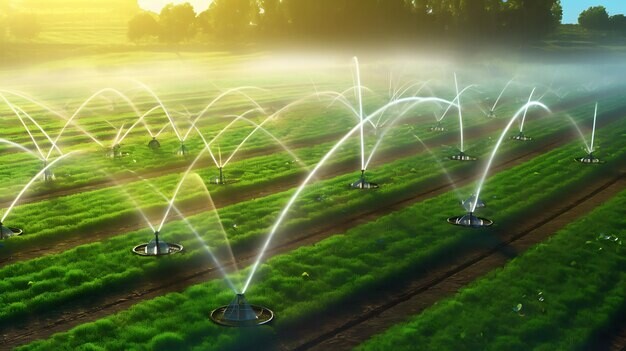
Water is our most precious resource, and technology ensures we use it wisely. Smart irrigation systems in agriculture use weather forecasts and soil sensors to water crops precisely when needed, significantly reducing water wastage. In urban areas, AI-powered infrastructure monitors and repairs leaks in real time, conserving millions of gallons of water.
Desalination technology, though energy-intensive, is becoming more sustainable using renewable energy sources, providing fresh water without depleting natural resources. These technological advances are not only safeguarding water for future generations but also illustrating the critical role of innovation in sustainability.
Healthcare: Healing the World Sustainably
The healthcare industry’s pivot towards sustainability is exemplified by its embrace of technology. Telemedicine reduces the need for physical travel, cutting down carbon emissions. Digital records minimize paper use, and smart buildings create energy-efficient hospitals.
Moreover, research into biodegradable materials and sustainable practices in medicine production is reducing healthcare’s environmental impact. This sector’s evolution is a testament to how technology can save lives and protect our planet.
Retail: Shopping for a Sustainable Future

The retail sector is transforming the shopping experience with sustainability in mind. From virtual fitting rooms reducing returns and waste to blockchain ensuring product sourcing transparency, technology makes it easier for consumers to make eco-friendly choices.
AI predicts inventory needs, reducing overproduction, and apps connect consumers with local, sustainable products. This industry’s shift towards green practices showcases the power of technology in making sustainability accessible and desirable to the modern shopper.
Education: Learning to Be Green

Finally, the education sector is leveraging technology to instill sustainability principles in the next generation. Virtual classrooms reduce the need for physical materials and commuting, lowering the carbon footprint. Digital platforms offer sustainability courses, spreading awareness and knowledge worldwide.
Moreover, schools and universities use smart tech to reduce energy and water use, serving as living labs for sustainability. This sector’s embrace of technology underscores the importance of education in shaping a sustainable future.
As we’ve explored, technology is not just reshaping industries; it’s redefining our relationship with the environment. From agriculture to education, innovative solutions are making sustainability integral to how we live and work.
The rise of recycling robots, in particular, symbolizes this shift towards a greener future, showing how technology can turn challenges into opportunities. As we continue on this journey, it’s clear that embracing tech is not just the smart choice—it’s the only way forward for a sustainable planet.


